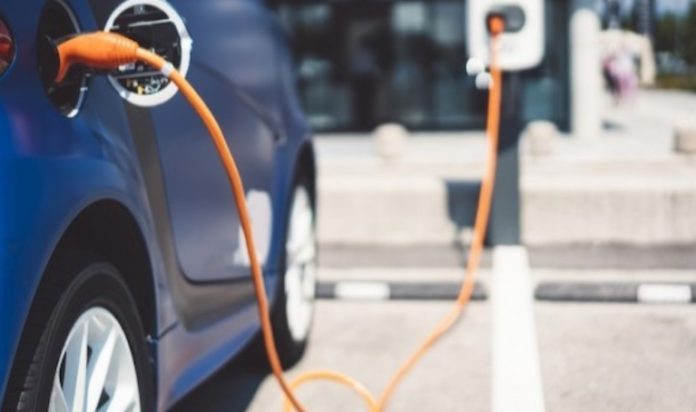New Delhi (NVI): Electric vehicles (EVs) launched in Delhi by the Energy Efficiency Services Ltd (EESL) have managed to complete two crore kilometres, which resulted in reduction of 500 kg of emissions in the national capital.
The announcement was made by Convergence Energy Services Ltd (CESL), a wholly owned subsidiary of government-owned EESL.
CESL said that this has resulted in a reduction of 500 kg of particulate matter emissions, contributing significantly to cleaner air and health benefits for the public.
Since the deployment of EVs, around 3,573 tonnes of carbon emission has been avoided and Rs 8.6 crore have been saved in terms of monetary value. It also results in savings of 13.3 lakh kilometres of fuel consumption, the company has said in a statement.
A total of 565 CESL electric vehicles are running in Delhi with more consumers being encouraged to switch to EVs, it added.
There has also been a rise of more than 140 per cent year-on-year in sales of electric cars that shows gradual acceptance of the technology among the climate-conscious, CESL said.
Delhi has also become the EV hub of India, accounting for half of the total electric-kilometres in the country. The biggest consumer being the government itself with most ministries and agencies using EV for some part of their work.
Mahua Acharya, Managing Director & CEO of CESL said that it is an important step towards India building out an ecosystem for electric mobility.
Furthermore, the national capital has set a target of 25 per cent EVs for all new vehicle registrations by 2024.
The adoption of EVs in the country is being encouraged by the government with a target to reach 30 per cent by 2030.
According to the government data, nearly 70 per cent of all commercial cars, 30 per cent of private cars, 40 per cent of buses and 80 per cent of two-wheelers and three-wheelers will be electric. Besides, Rs 1,000 crore has been allocated to provide up to 70 per cent capital subsidy for public charging stations.
The government has also clarified that setting up charging stations and charging EVs is a delicensed activity — an important step towards unleashing private enterprise and innovation in India.
-RJV








